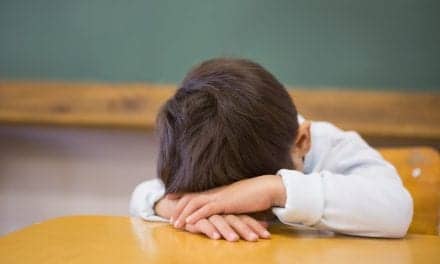MedicalResearch.com interviewed Julia F. van den Berg on a new study in which her and other researchers investigated whether caffeine consumption actually affects sleep quality.
MedicalResearch.com: What is the background for this study? What are the main findings?
Response: Caffeine is the most used psychoactive substance worldwide, mostly consumed via coffee, energy drinks, tea and chocolate. Experimental studies have shown that caffeine can negatively affect sleep quality. The timing of consumption may play a role; the closer to bedtime, the more consumption is likely to have a negative effect on sleep. We also wondered if chronotype, being a morning or evening person, would make a difference in the effect of caffeine on sleep.
We sent out questionnaires on sleep quality, chronotype, and a detailed questionnaire on type and timing of caffeine use to 880 secondary education students (mean age 21.3 years). We found that for the entire group, the amount of caffeine per week was not associated with sleep quality, regardless of chronotype.


